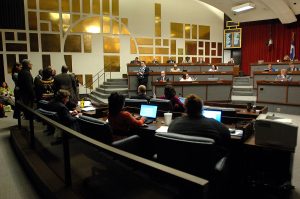Administration announces 90-day delay for many tax payments
Taxpayers will still have to file their tax returns by the April 15 deadline. But they won’t have to pay their tax bill for 90 additional days. During that time, individuals and corporations will not be subject to interest or penalty payments.









